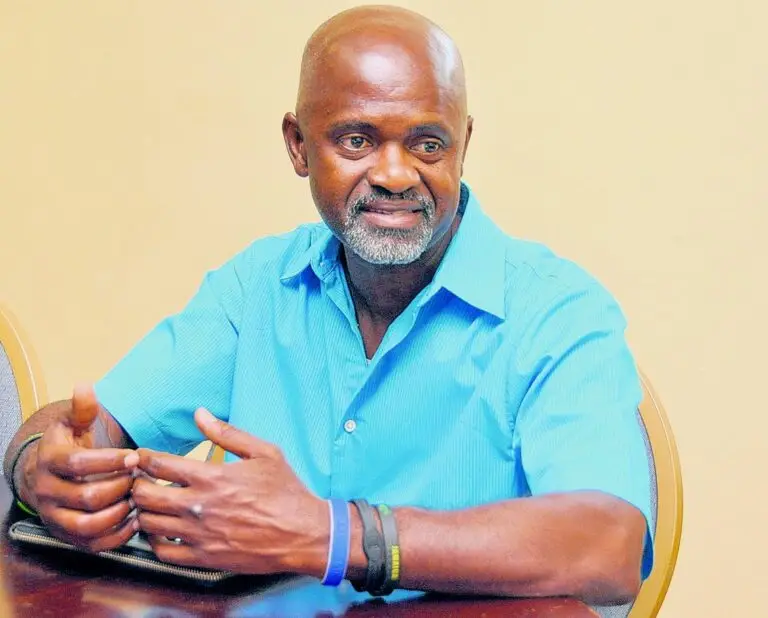As January 20, 2025, approaches, signaling a new chapter under Donald Trump’s presidency, undocumented Jamaicans in the United States find themselves at a critical crossroads. The looming prospect of stringent immigration policies has ignited a wave of urgency among those seeking to secure their status and protect their families.
Across states like Florida and New York, immigration attorneys and advocates are witnessing a noticeable surge in consultations. Simone Archer, a New York-based immigration lawyer, describes the increase as “significant,” with individuals urgently exploring avenues to regularize their status. She emphasizes, “Each case is unique, but the overarching advice remains the same: have your documents in order and act swiftly.”
This sentiment is echoed by Irwine Clare Sr., head of Caribbean Immigration Services, who has consistently urged Jamaicans to ensure their paperwork reflects their time and ties to the U.S. “Preparedness is key,” Clare advises. “Panic solves nothing; proactive action does.”
A Rising Tide of Concern
Wayne Golding, an immigration attorney based in Florida, has observed a 25% uptick in inquiries since the November elections. Many concerns stem from uncertainties around longstanding policies that provided temporary relief to undocumented immigrants. Golding notes, “There’s genuine fear that these protections could vanish, leaving individuals vulnerable.”
The anxiety is not unwarranted. In a high-profile ruling, a Trump-appointed federal judge recently struck down a Biden-era policy that eased pathways to legal status for undocumented immigrants married to U.S. citizens. This decision further underscores the precariousness of the situation for many families.
What Can Be Done?
Legal experts are advising Jamaicans to act without delay. Those married to U.S. citizens or with children eligible for Special Immigrant Juvenile Status are being urged to file applications immediately. “The backlog is immense, and time is of the essence,” warns Archer.
For undocumented immigrants who overstayed their visas—a common scenario among Jamaicans—documentation of their residency, employment, and community ties can be critical. Attorneys like Winston Tucker in Florida caution against misinformation. “Seek professional legal advice,” he advises, “and be wary of unverified sources promising quick fixes.”
A Community on Edge
Community leaders and advocates are also stepping in to provide support. Christopher Benjamin, community relations officer at the Jamaican Consulate in Manhattan, underscores the importance of seeking qualified legal counsel. “While the consulate cannot intervene in U.S. immigration matters, we are committed to guiding our nationals toward credible resources,” he explains.
As the political climate shifts, Jamaicans in the U.S. face a turbulent road ahead. However, with preparation and the right guidance, many are determined to navigate the challenges and secure their future.

